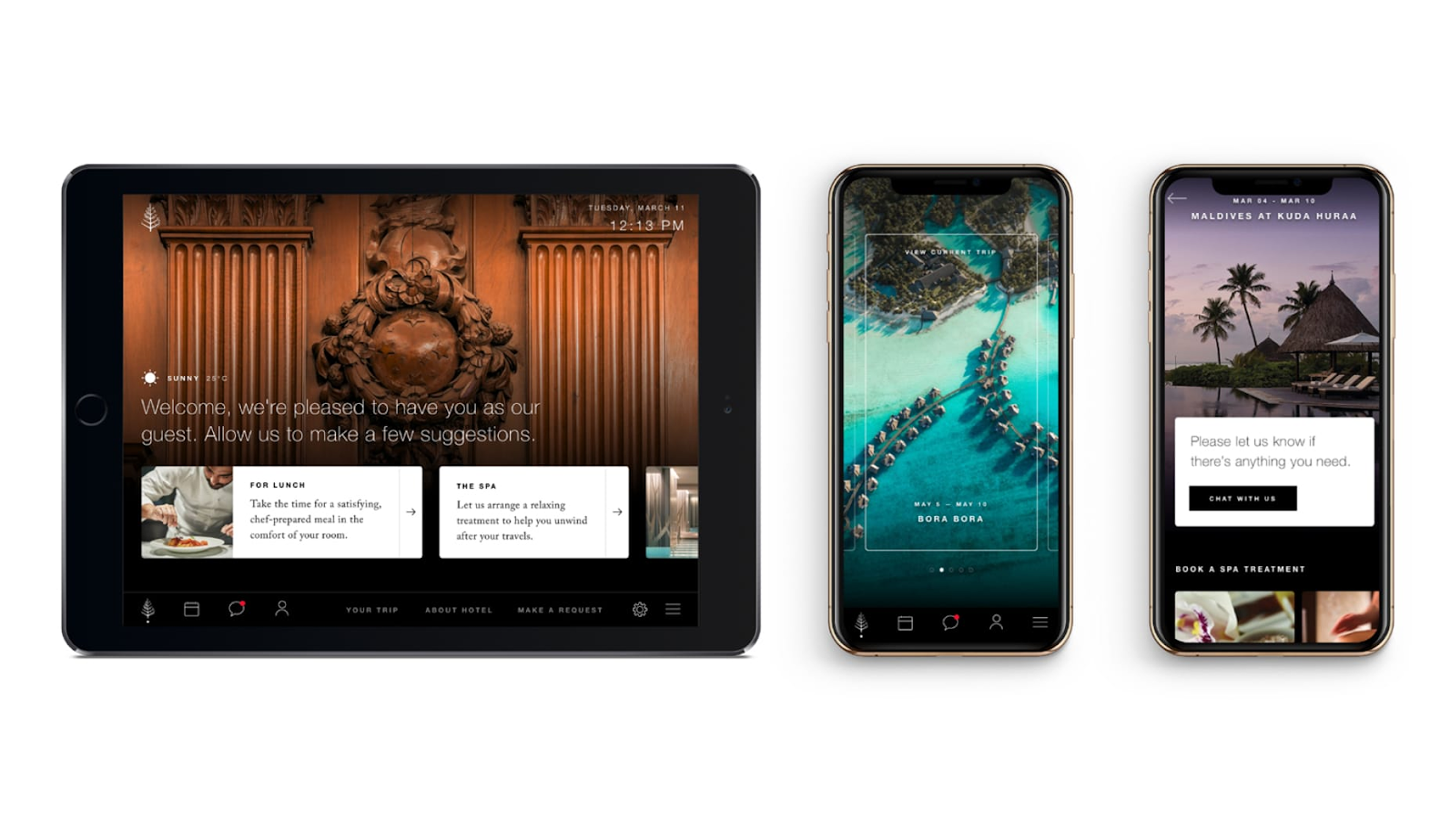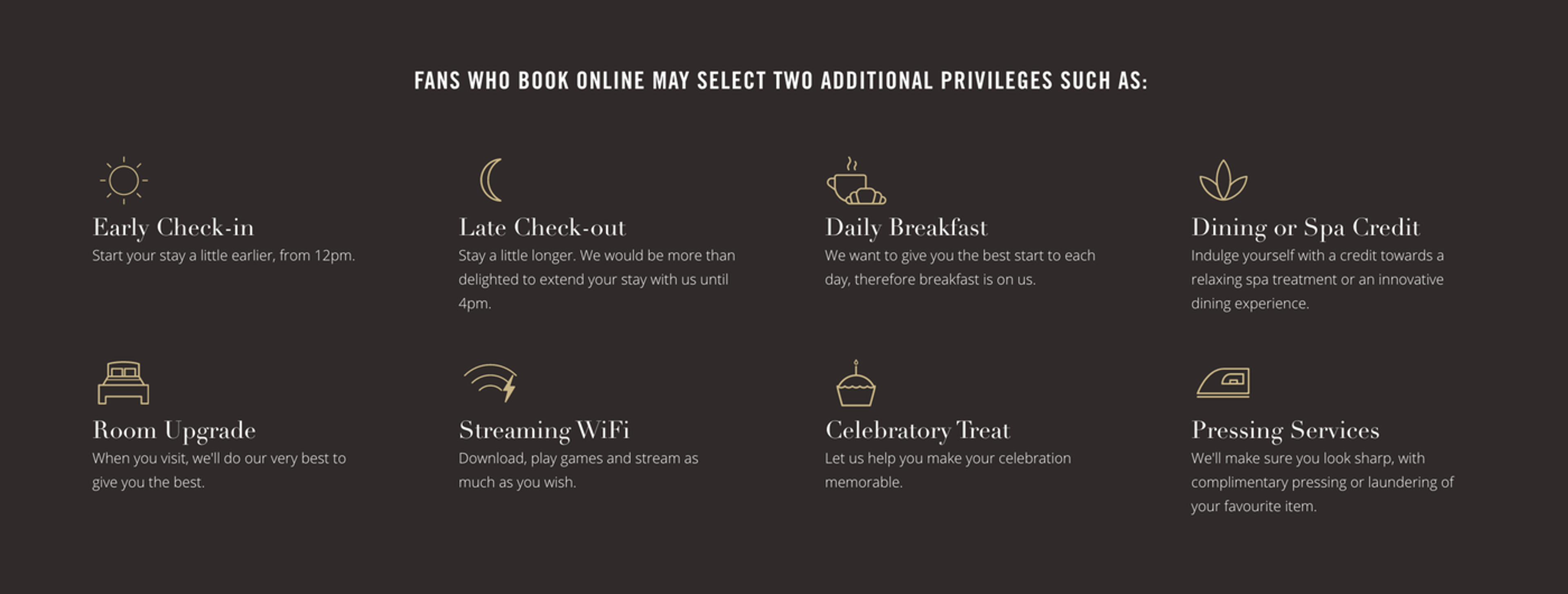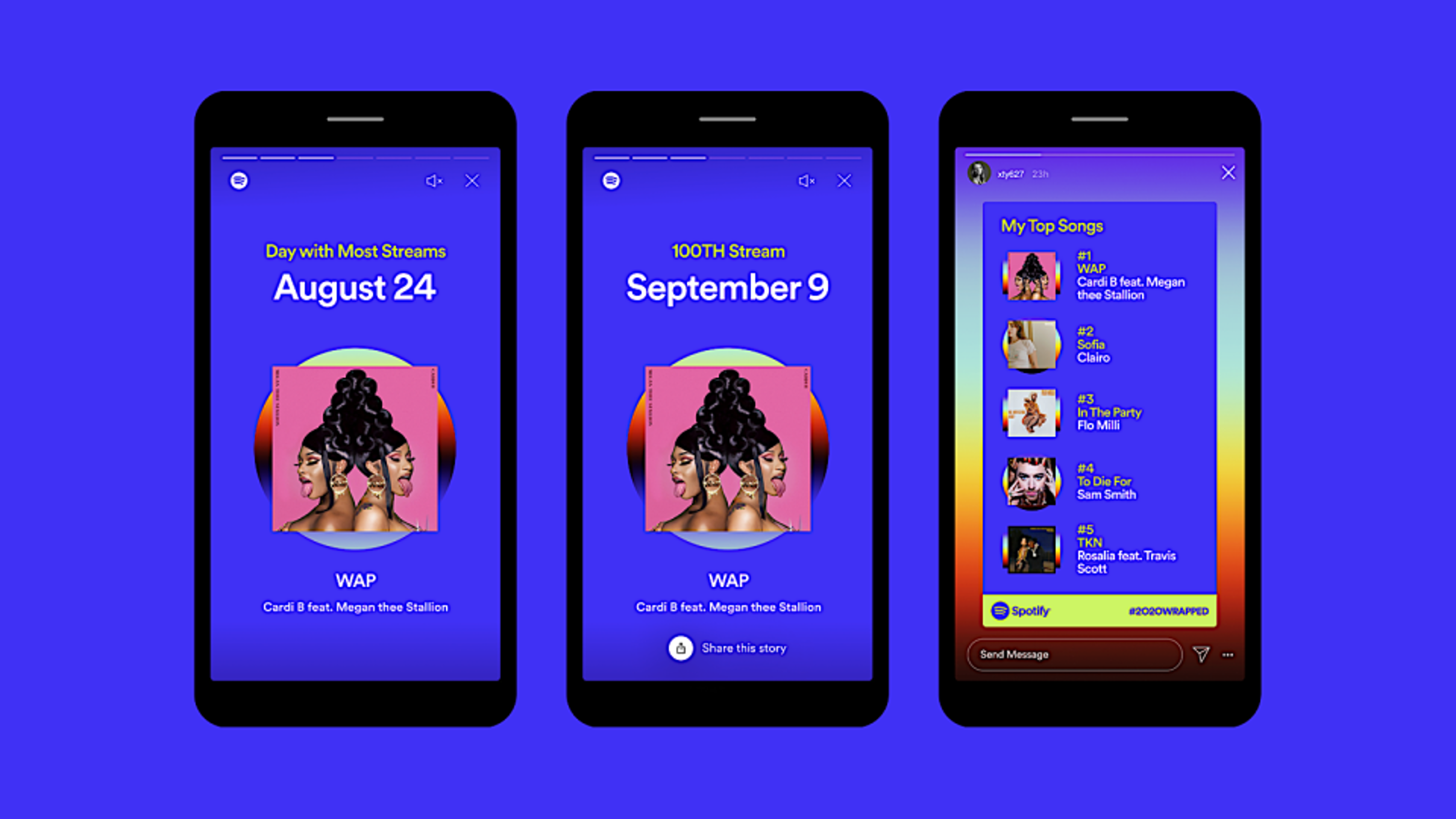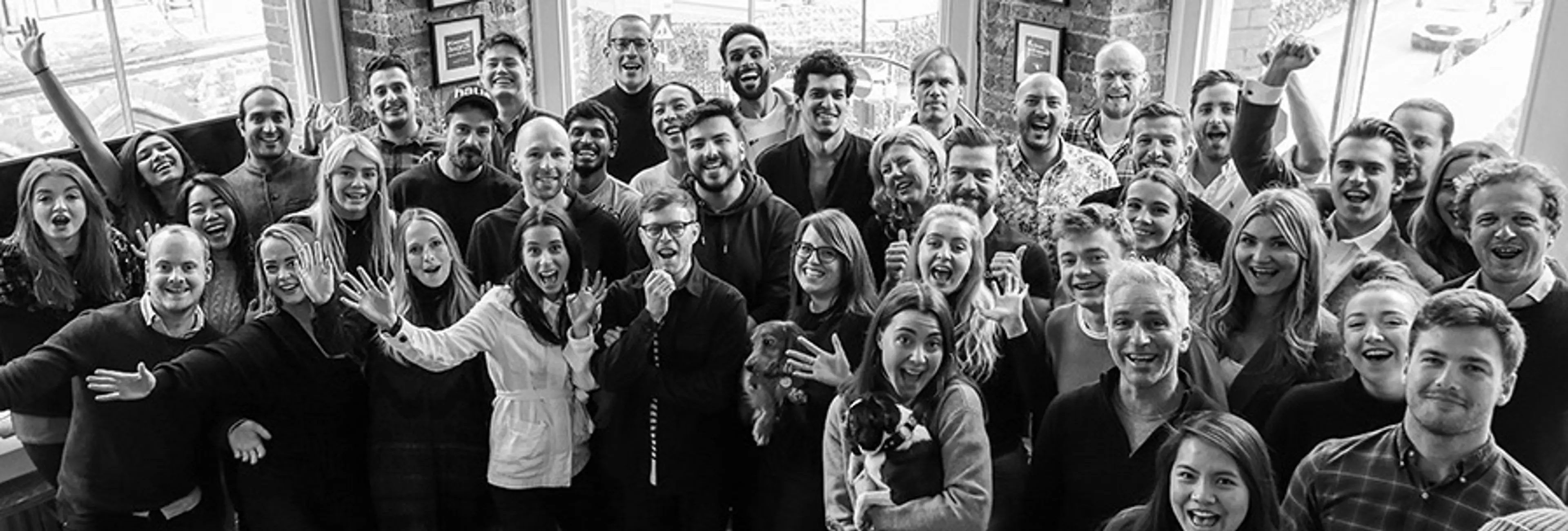
Brand & CX
1 Apr 2021
5 Min Read
The Future of Loyalty: Designing Brand Experiences that Elevate, Enhance and Engage
How do the most forward-thinking brands create meaningful relationships with their customers –– and sustain them? We explore how the best brands are driving loyalty through creative innovation and how the landscape is shifting, post-pandemic.


““Even as companies move toward connected offerings, it will be hard for any one player to replicate the size and scale of an ecosystem like Prime’s in any one sector, let alone across sectors. As a result, companies will need to think creatively and strategically about partnerships across categories, including with would-be competitors.” ”


Brand & CX



